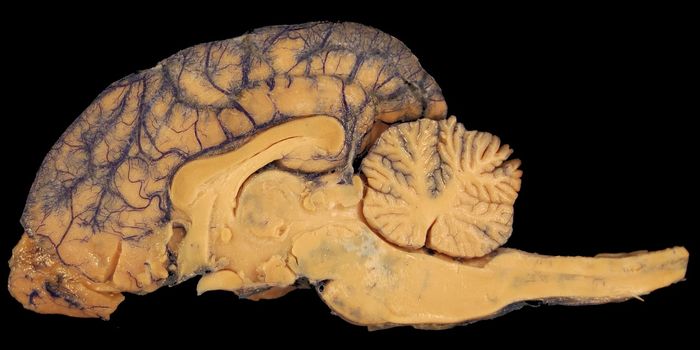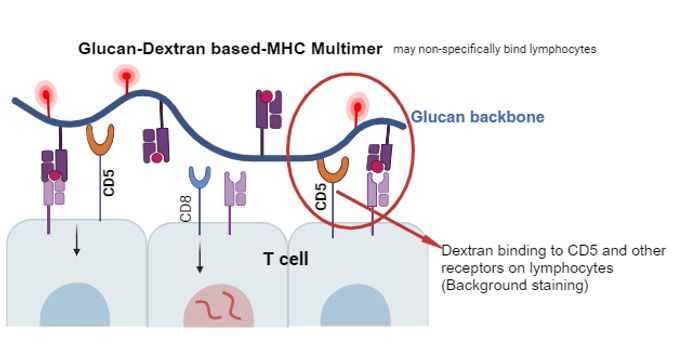Mechanism of Resistance to Colorectal Cancer Treatment Uncovered
Colorectal cancer develops when a series of changes occur across multiple genes. While researchers have paid significant attention to understanding these changes, identifying the precise alterations leading to colorectal cancer remains an essential question in cancer research.
Researchers at the University of Birmingham recently published a paper in Proceedings of the National Academy of Sciences, which identified a gene mutation associated with tumor growth in murine models of colorectal cancer and a poor prognosis in colorectal cancer patients.
The study utilized the APCmin/+ strain of mice. APCmin/+ is a well-validated murine model mimicking early-stage colorectal cancer. When scientists deleted a protein called tetraspanin-6 (Tspan6) in the mice, tumors grew more rapidly. Thus, in mouse models, Tspan6 suppressed the early stages of colorectal cancer development.
To translate this discovery into a clinical application, the investigators also examined Tspan6 in samples from patients with colorectal cancer. Immunohistochemistry analysis revealed that colorectal cancer patients with high levels of Tspan6 had a better clinical prognosis associated with significantly longer survival.
The study also investigated the impact of Tspan6 on therapeutic efficacy of a standard colorectal cancer treatment, a monoclonal antibody called cetuximab. Cetuximab is a drug used to treat certain types of colorectal cancer, which express the protein epidermal growth factor receptor (EGFR). Overexpression of EGRF leads to constant activation of pathways promoting cell division. Therefore, in many cancer types, including colorectal cancer, EGFR directly promotes tumor growth.
Cetuximab inhibits EGFR-driven tumor growth by binding EGFR on cancer cells and prevents further growth. Although cetuximab is efficacious for some patients, many colorectal cancer patients develop a resistance to the treatment.
A biomarker that could predict which patients would benefit most from the drug could make instrumental advances in personalized medicine. Notably, the patients examined in the study indicated that Tspan6 did indeed correlate with response to cetuximab.
The results of this study are impactful in multiple ways. First, this study demonstrates that Tspan6 regulates colorectal cancer development, and its absence could indicate high-risk individuals and encourage them to seek regular cancer screening. Additionally, Tspan6 could be a predictive biomarker to help doctors and patients make better treatment choices.
Sources: Proceedings of the National Academy of Sciences, APCmin/+, Immunohistochemistry, cetuximab, EGFR









